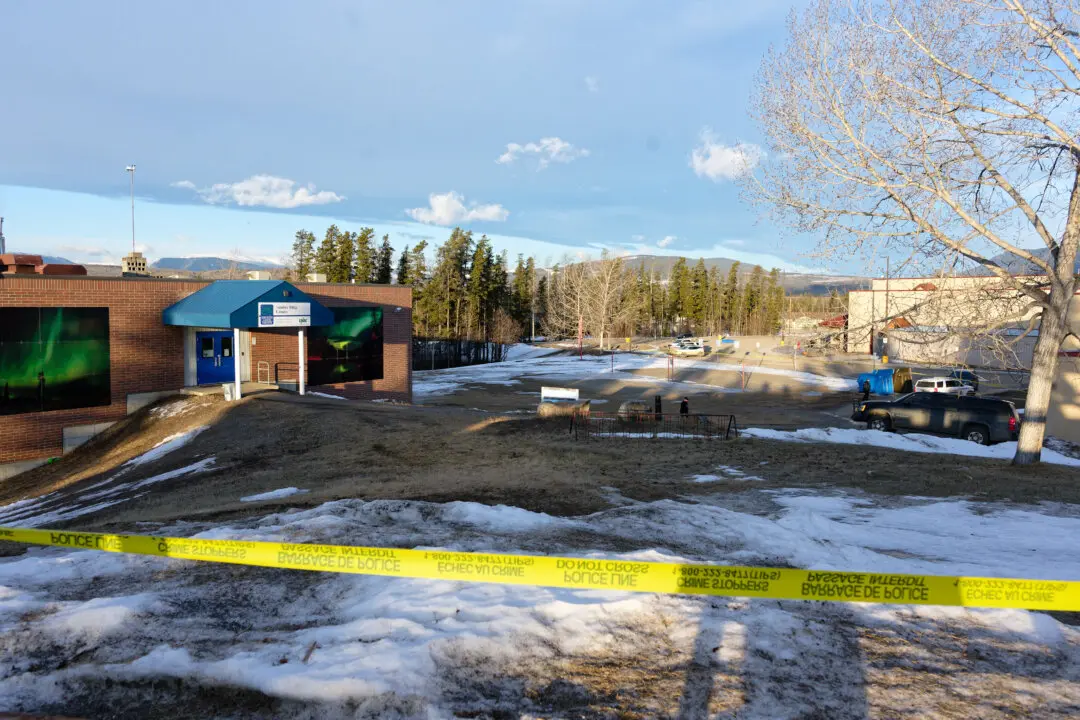The Toronto Police Association (TPA) is endorsing Conservative Leader Pierre Poilievre in the upcoming federal election after asking Poilievre and Liberal Leader Mark Carney to provide their stances on key public safety issues.
After examining their responses, the union said the Tories are the only party taking a firm stance on the issues, but that it would work with whoever is ultimately elected.





